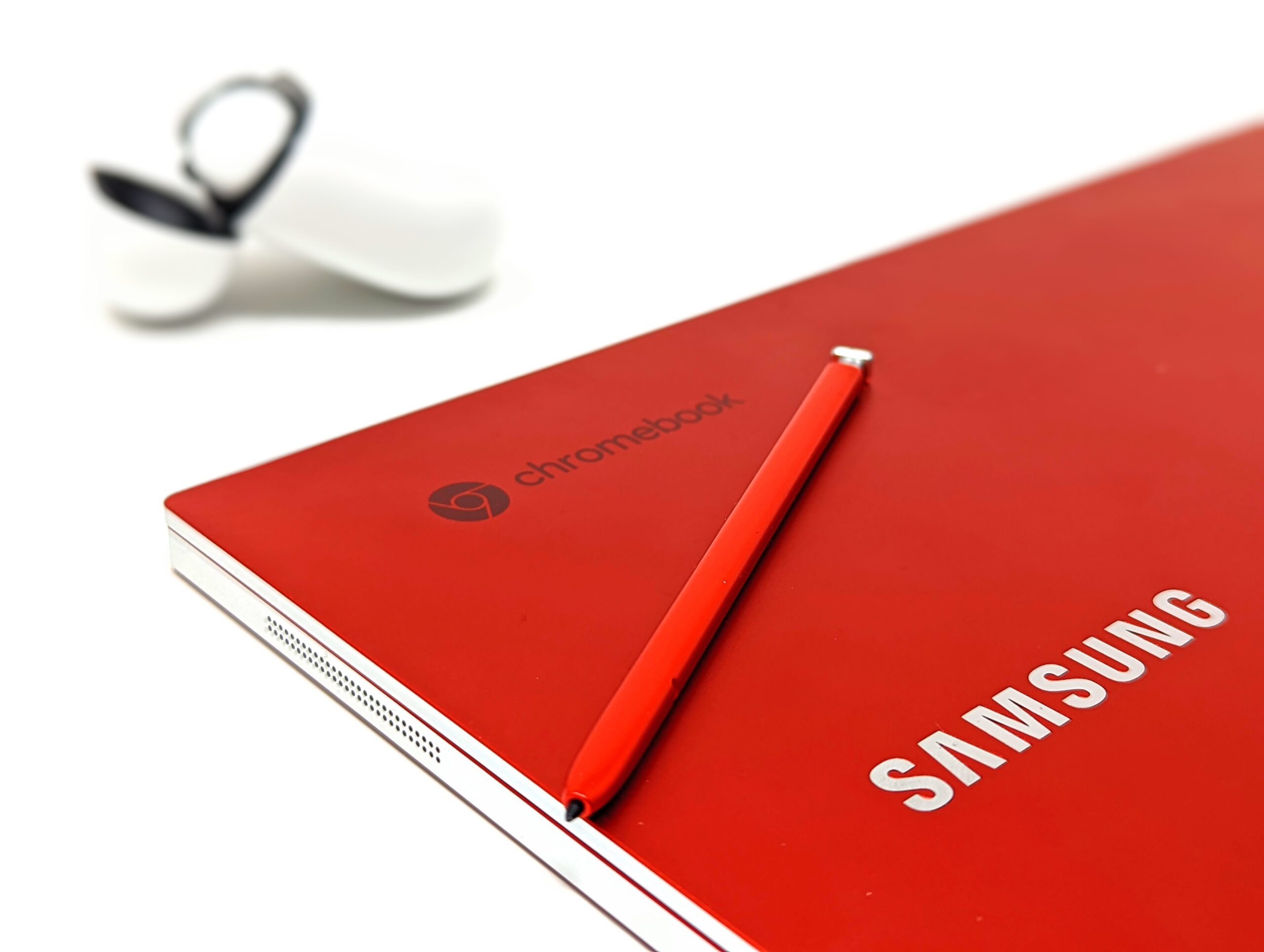The advent of Bluetooth technology in the late 80s came with so many benefits for smart device users.
Compared to its predecessor (infrared), Bluetooth allows for faster communication and sharing of files between devices.
But the biggest advancement surrounding this technology is that you can now use Bluetooth to improve location accuracy. Here’s an explanation of how this is possible.
Does Bluetooth help with location accuracy?
Yes. Bluetooth can help with location accuracy. However, it does not work the same way as GPS, Wi-Fi networks, and other services that store or help with location data. You must be within a specific range for Bluetooth to determine your exact position.
Previously, Bluetooth only allowed for wireless communication between devices. You could hold a conversation via a Bluetooth headset, use a wireless keyboard or mouse, share files between devices, and synchronize your Smartphone and PC.
Following advancements in technology, big players like Apple and Google are now using Bluetooth to improve location accuracy for users who are within range of the BLE beacons set up by these companies.
How does Bluetooth improve location accuracy?
Bluetooth improves location accuracy via special beacons known as iBeacons. Back in 2013, Apple, Roximity, and Estimote, among a raft of other companies introduced iBeacons, which are tiny pieces of radio that transmit signals between them and Bluetooth-enabled devices.
When you turn Bluetooth on your iPhone or iOS, it will detect the iBeacon when you get within range. Your phone will be able to detect how far the beacon, is thus improving location accuracy.
Moreover, each iBeacon has its own unique identity that comes in handy in differentiating one iBeacon from the other.
The owner of the iBeacon or the building where the iBeacon is installed has to register its exact location in cloud storage or a central database.
The iBeacon will then transmit its unique ID to your Smartphone when you enable Bluetooth services and your device is within range.
Your device will use the Bluetooth connection to query the database and determine the exact location of the iBeacon.
One point worth mentioning is that these beacons only work as transmitters. This means they cannot track your location when you move as is the case with GPS.
Besides, the beacons do not receive data from your phone since they are not integrated with any network.
Does Bluetooth affect GPS?
Bluetooth or any other cellular system should not affect GPS. Bluetooth systems use definite, non-overlapping operating bands, meaning that enabling Bluetooth services on your Smartphone is less likely to interfere with GPS.
Moreover, most cellular receivers have filters that allow signals into the desired band while rejecting other signals out of the filter bandwidth.
Then again, the accuracy of GPS is dependent on additional factors other than Bluetooth. For instance, satellite signal blockage, receiver design, and atmospheric conditions usually determine the accuracy of your GPS. All these factors are not necessarily related to Bluetooth services.
If there is any interference between Bluetooth and GPS, then it has to be very minimal. After all, the Bluetooth’s radio frequency might obstruct and reduce GPS signals.
Enabling Bluetooth and GPS services on your phone at the same time might cause some interference and reduce GPS signals.
The good news is that this interference is very rare, but it is advisable that you avoid turning on GPS and Bluetooth at the same time.
Read:
What blocks Bluetooth signal?
A person can block the transmission of Bluetooth signals intentionally or unintentionally. If you want to block Bluetooth signals deliberately, then you can use a device like a jammer.
Jammers emit similar signals thus interfering with the normal functioning of nearby Bluetooth-enable devices.
The jammer will prevent other Bluetooth-enabled phones and gadgets from accessing your devices. This will make it a great option if you want to maintain your privacy.
Bluetooth signals can also be blocked unintentionally by obstacles like buildings, concrete walls, and pillars.
If you reside in an area with many buildings, trees, and other similar obstacles, then pairing your Bluetooth devices can prove to be a huge challenge.
Many of these obstacles consist of dense materials that tend to deplete the signal strength between connected devices.
Identifying and eliminating all obstacles that help maintain signal strength between your Bluetooth devices.
Nevertheless, some devices are capable of maintaining signal strength even with existing obstacles. These devices are Low Energy models and they can stay connected up to 90m, regardless of whether or not obstacles exist.
Why is Bluetooth needed for location services?
Bluetooth technology is not a necessity for location services. It is only recently that different business entities have started using Bluetooth for location services.
Storeowners require Bluetooth in order to discern the exact position of potential customers inside their stores.
Big companies like Apple and Google have invested in beacons that can tell your location via Bluetooth so long as you are within range.
The owner of the store where the iBeacon is installed has to register its exact location in a central database.
The iBeacon will then transmit its unique ID to your Smartphone when you enable Bluetooth services and your device is within range.
Google and Apple will then gather your data and tell storeowners about you.
The information obtained is the usual demographics such as gender and age. Other information such as the kind of apps you have, your frequently visited stores, and your subscriptions will also become available if you turn your Bluetooth on.
How can you improve location accuracy?
Location accuracy is important for business owners, marketers, and consumers alike. You can improve the location accuracy of your devices using the following hacks and tips.
- Identify and eliminate obstacles
The main reason why you might experience depleted signal strength and reduced location accuracy is the presence of obstacles. If you leave close to many buildings and other obstacles like trees and pillars, then you are likely to have location accuracy issues.
Identifying and eliminating these impediments can go a long way to improve location accuracy.
- Turn Bluetooth on and move within range
If you are using Bluetooth to improve location accuracy, then make sure it is enabled on your Smartphone or gadget. But that’s not all. You should move within range of the iBeacons installed near your area to make it easier to locate your exact position accurately.
- Turn location accuracy on
For more precision, consider enabling advanced location accuracy on your device. Many Smartphone models come with this feature available with Google Location Services.
All you have to do is to tap location and then tap advanced Google Location Accuracy. Google will use GPS to determine your exact location with utter precision.
- Turn GPS, Wi-Fi and sensors on
If you are struggling with signal strength and inaccurate location data, then consider turning on all sources associated with location service. You should turn on your GPS, Wi-Fi, Bluetooth, Mobile Networks, and other sensors.
Even though these features might drain your battery quite quickly, they will deliver more accurate location results.
- Disconnect VPN
You might not know this, but turning on a VPN will always bring inaccurate location data. Instead of indicating your current location, VPN tries to disguise your identity and it will usually record the wrong location.
Disconnecting VPN can go a long way to improve location results based on your device’s IP address.
- Avoid using jammer devices
Many people opt to use jammer devices to protect their privacy and prevent unauthorized access to their cellular gadgets.
However, if you want more accurate location results, avoid using jammers and other related devices. This is particularly important if you are using Bluetooth technology for location services.
Can Bluetooth measure the distance between two phones?
No. Bluetooth cannot measure the distance between two connected phones. It only shows the signal strength rather than the distance between devices. When you move the connected devices closer together or far away from each other, you will notice changes in signal strength.
However, this is not a good measure of the distance between the two phones. The best you can do is to estimate the distance, which obviously won’t be as accurate as desired.
Can someone connect to my Bluetooth without me knowing?
Yes. It is possible for someone to connect to your Bluetooth without you knowing. Hackers can breach your Bluetooth security and spy on you.
However, this will require the use of highly advanced software to connect to your Bluetooth without your knowledge.
The good news is that most modern Bluetooth devices have highly sophisticated security mechanisms in place to prevent unauthorized connections.
You first have to pair your device with someone else for them to connect with you. This means it is very hard for someone to connect to your Bluetooth without your consent.
Final thoughts
Bluetooth technology can help improve location accuracy. Storeowners, business owners, marketers, and even consumers can benefit from the use of Bluetooth in gathering location data.
However, the accuracy of the data depends on whether the area has the right infrastructure to support the use of Bluetooth for location services.
Also, participants must be within range for the technology to work appropriately.


